The stage is set for the immediate replacement of Deputy President Rigathi Gachagua. This will happen if the Senate upholds his impeachment. This was established by The Star.
The details surfaced as Gachagua’s impeachment commenced in the Senate. There were serious allegations that he manipulated his ailing brother, Nderitu Gachagua, to sign a will from his sickbed.
On Wednesday, Gachagua faced extra setbacks. Senate Speaker Amason Kingi permitted the introduction of new evidence. The evidence revealed that Gachagua used a proxy to acquire a hotel belonging to his deceased brother.
Gachagua’s status as the country’s second-in-command will be decided by a Senate vote on Thursday. Allies of President William Ruto express confidence that the Deputy President will be removed from office.
State machinery, including parliament, has already been extensively mobilized for Gachagua’s immediate replacement.

This expedited process is seen as a strategy to prevent any judicial intervention. Gachagua and his team of lawyers are expected to seek judiciary nullification of the proceedings.
The National Assembly has scheduled a special sitting for Friday. Insiders indicate it is intended to confirm President Ruto’s new nominee for Deputy President.
Mugirango South MP Silvanus Osoro is the Majority Whip. He stated that the special sitting is intended to address “priority business and mediated bills.”
“It is also due to the urgency to conclude certain priority matters. These matters are pending in the House before we adjourn for recess,” Osoro noted.
The special sitting is notable. Members of Parliament were originally expected to begin a brief recess on Wednesday. However, the calendar was modified at the last moment.
The Star has reliably learned that the special sitting will also consider a communication from Ruto regarding the replacement.
Members will receive a notice. They will either approve the nominee immediately or begin the approval process.
Opinion is divided regarding the nature of the approval process. Some analysts suggest that the matter be finalized by close of business on Friday.
The President can select a Deputy once the Senate votes. Then the President submits the name to Parliament for a vote on Friday. “The deputy president can be sworn in on Friday afternoon,” stated political analyst Alexander Nyamboga.
If this perspective is upheld, the new deputy president is expected to start duties this Saturday. Gachagua will return to ordinary citizen status.
Analysts contend that Article 149 of the constitution does not delineate a comprehensive procedure for replacing the deputy president.
The law indicates that the president must nominate a candidate for the position within 14 days of the vacancy. “The National Assembly shall vote on the nomination within sixty days after receiving it,” as stated in the constitution.
“We plan to explore the possibility of addressing this nomination matter within the two sittings,” a lawmaker informed the Star.
However, some legal experts have raised significant concerns regarding the expedited process. They deem it a lynch mob. They also see it as indicative of parliamentary subjugation by the executive.
“What is the urgency? Is Kenya in crisis? Do we have a state of emergency? Does this not suggest that parliament is an extension of the executive? ” questioned constitutional lawyer Ekuru Aukot.
According to Aukot, the haste in the process undermines fairness for Gachagua.
“Clearly, it seems that Rigathi Gachagua is not receiving a fair hearing, nor does the overall process appear just. ” It is an opportunity for lynching. He informed the Star, “The constitution stipulates that nominations must occur within 14 days. Parliament then has sixty days to cast votes.”
It remains to be determined whether Parliament will permit the gathering of public opinions on the new nominees. It is also unclear if the nominee will be vetted by the House.
If this course of action is pursued, Parliament will allow the public seven days. They can submit their memoranda regarding the nominee.
Public participation will be concluded by assessing the candidate’s suitability by October 25.
The committee plans to formally vet the candidate on October 28. This schedule enables members to review the vetting report immediately after returning from recess.
Gachagua faces a critical moment. Senators will vote to determine if he should retain the second most powerful position in the country.
The Deputy President is reportedly challenged to secure the support of 23 senators to safeguard his political career.
As attention focuses on the senators’ voting, a significant question arises. Who would be a suitable candidate in Ruto’s limited choices for Deputy President? This question becomes pertinent should the impeachment proceed.
Noteworthy names being considered include Interior CS Kithure Kindiki, Kirinyaga Governor Anne Waiguru, and Murang’a Governor Irungu Kang’ata. Prime CS Musalia Mudavadi is also under consideration. Additionally, there is Nakuru Governor Susan Kihika in the Senate.
The National Assembly was represented by a team of lawyers. Senior Counsel James Orengo led the team. They aimed to disclose details about Gachagua’s trip to London. His brother was hospitalized there to sign a will for his extensive property.
“On February 17, 2017, the Deputy President traveled to London. He went to the hospital where his brother was admitted to ICU. He arrived the following day.” “He urged his brother to pursue the will,” Orengo stated.
“There is no evidence whatsoever that he spoke with the doctors,” the Siaya governor continued. However, Gachagua contested the allegation through his lawyer Elisha Ongoya. He asserted that the Deputy President was not in office at the time of the claims.
In its submission, the National Assembly aimed to demonstrate how the Deputy President expressed ethnic contempt. His ‘shareholding’ remarks had the potential to incite ethnic violence.
While presenting videos, the Assembly illustrated how the Deputy President consistently and unremorsefully discriminated against Kenyans based on their ethnicity.
“The Deputy President standing here on trial assumes that he was elected to represent the interests of a specific region. However, the constitution clearly states he is elected by the entire country. ” “He has no area to protect,” Orengo stated.
Kibwezi West MP Mwengi Mutuse is the motion’s sponsor and a witness for the National Assembly. He asserted that Gachagua’s shareholding allegations represent an extraordinary wrongdoing. This warrants impeachment.
He contended that the Deputy President has amassed substantial wealth estimated at SH 5. 2 billion, gained through corrupt dealings. He stated that the deputy president utilized his family and proxies to accumulate wealth.
“I researched this impeachment motion for a brief period. During that time, I discovered companies registered under the names of the deputy president. Some companies were also under his children’s or other proxies’ names,” he remarked.

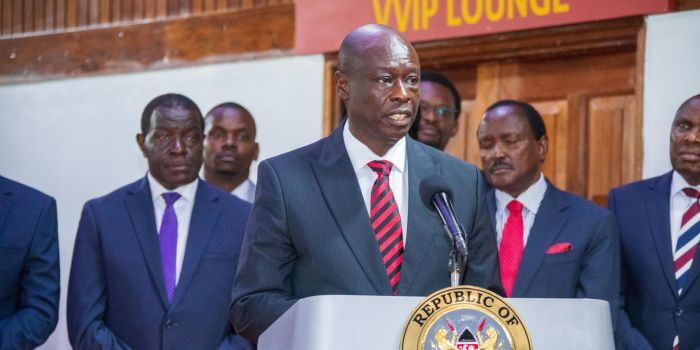
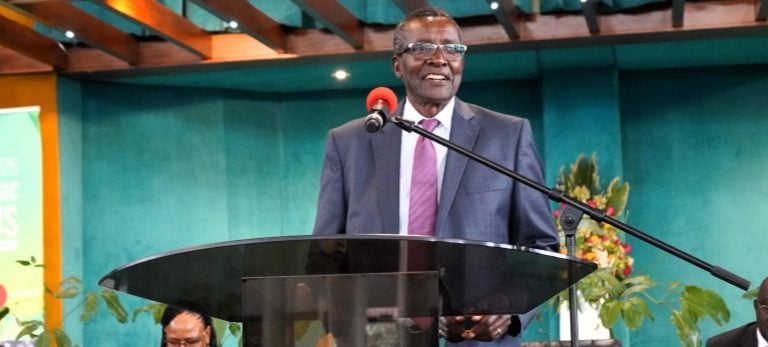
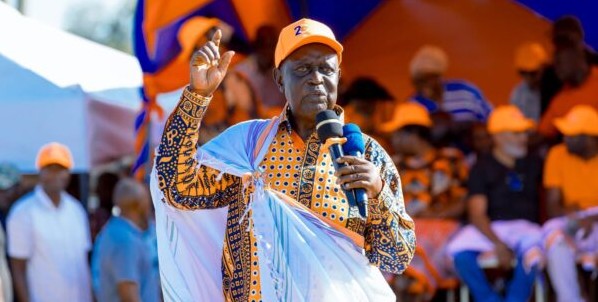
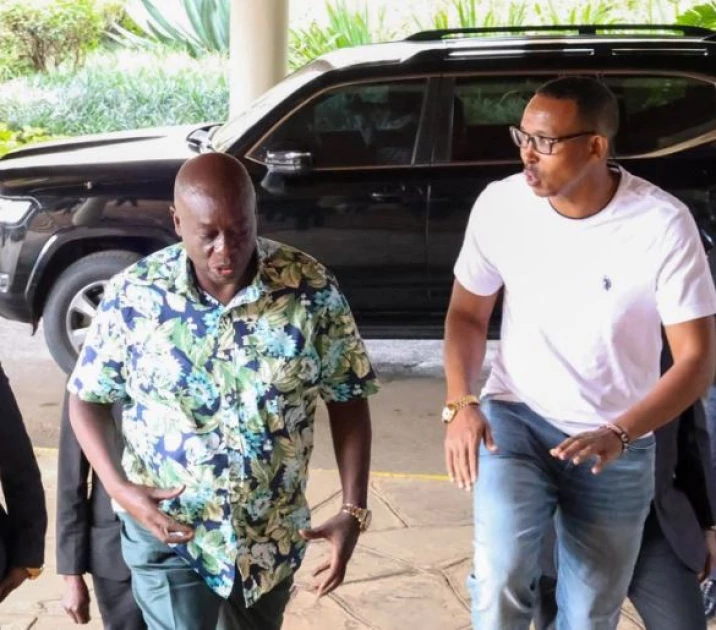
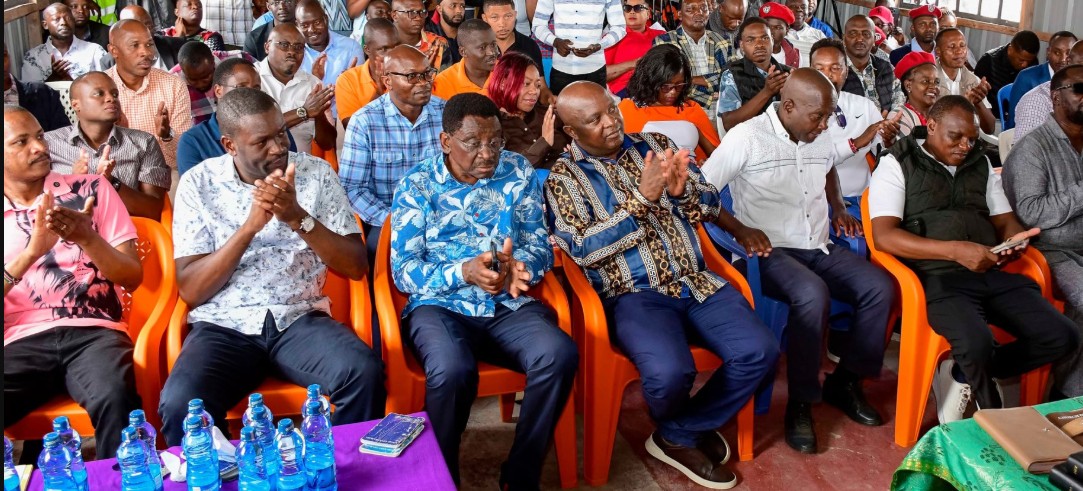
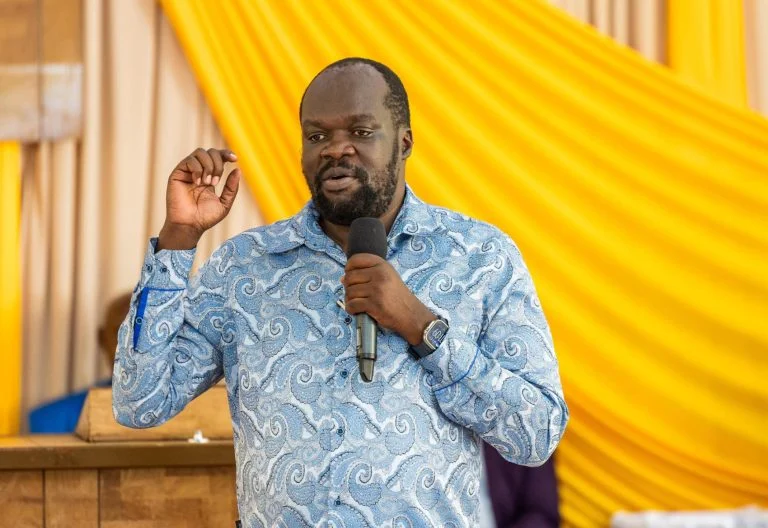

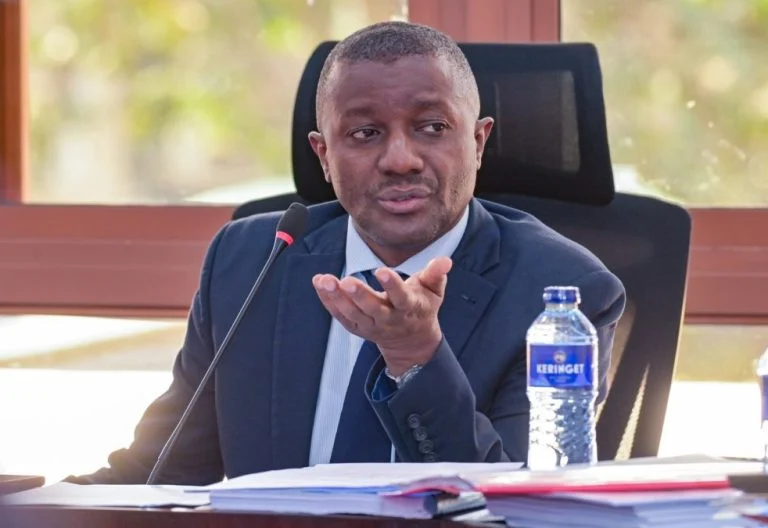
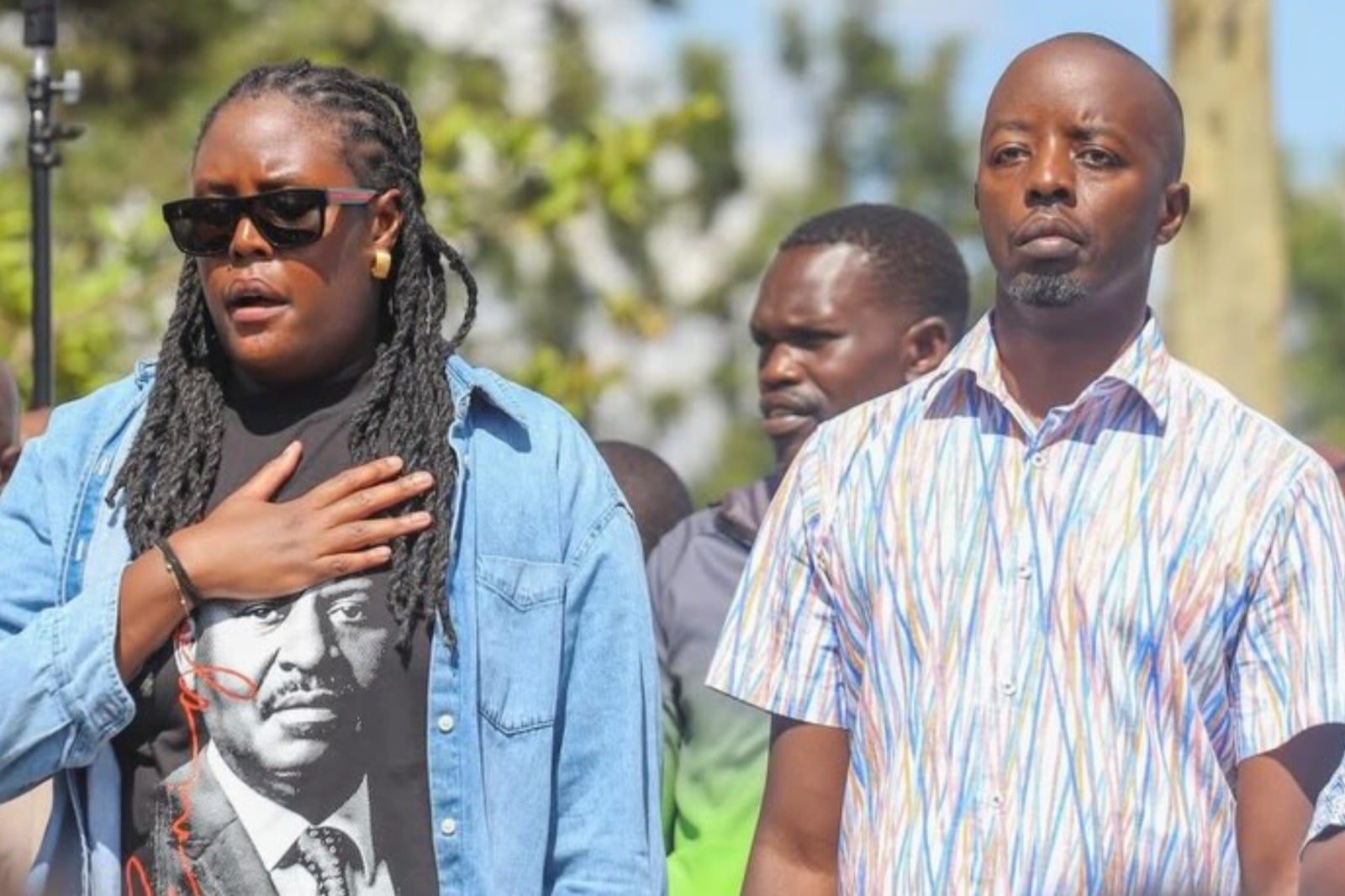

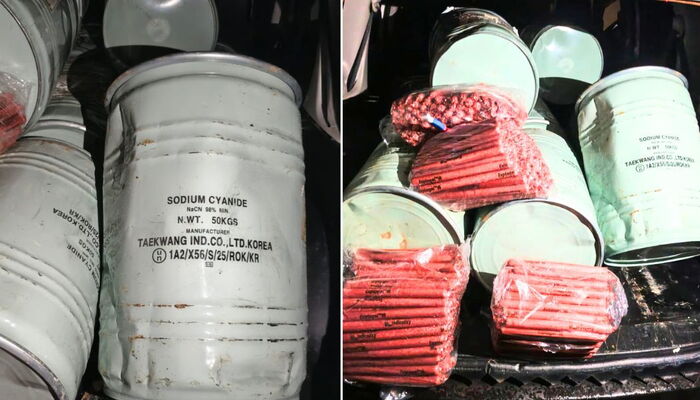
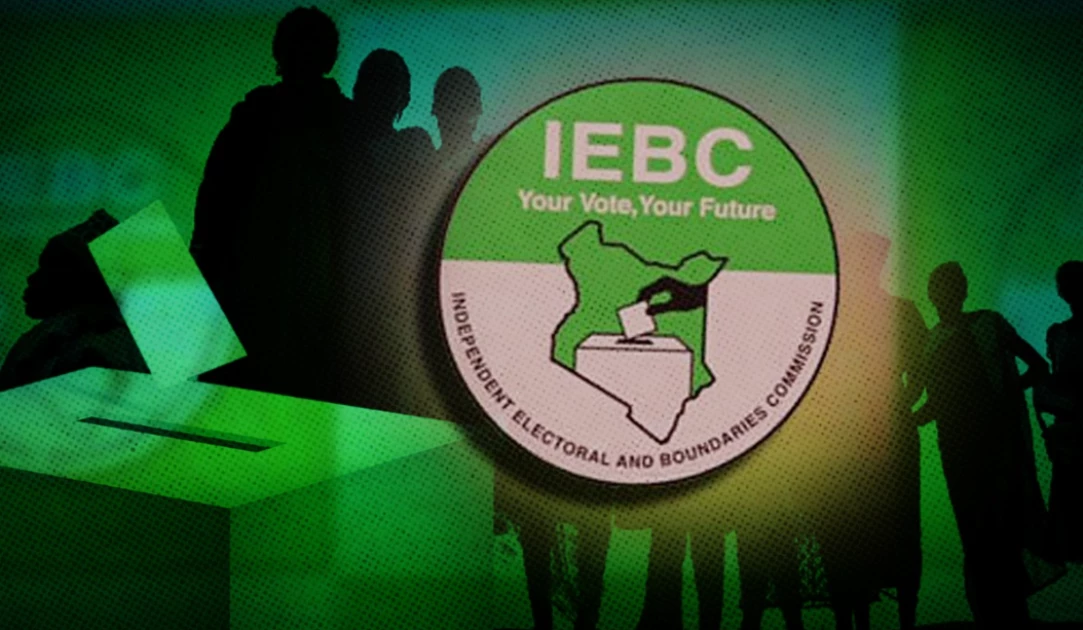
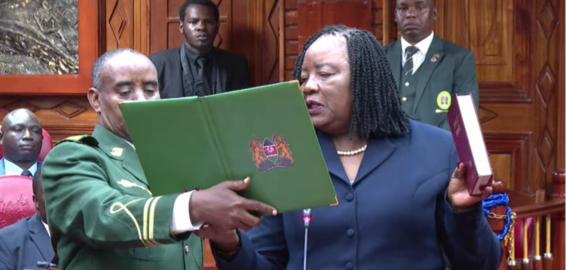

Leave a Reply